On June 4, 2025, Nigerian drone startup Terra Industries, formerly TerraHaptix, outbid an Israeli consortium to win a $1.2 million contract for securing two hydropower plants, marking a significant milestone for African Drone Technology. This deal highlights the growing role of drones in industrial security across the continent, as reported by Semafor.
Terra Industries’ Winning Solution
Terra Industries will deploy a dozen drones and over 35 surveillance towers to enhance security for a local power company. The drones, showcased at a recent expo, feature advanced autonomous navigation and real-time monitoring capabilities, designed for industries like energy and mining.
The company’s 22-year-old CEO, Nathan Nwachuku, emphasized the strategic importance of the project, stating, “The plants, the location of which was not shared, have been used as hideouts by bandits and even some terrorists.” This deployment aims to deter threats through persistent aerial surveillance, covering expansive areas that ground teams struggle to monitor.
Industry Trends and African Drone Growth
The contract reflects a broader trend of drone adoption in Africa, spanning sectors from military to health care. Terra Industries began producing drones in Abuja in April 2024, generating over $1 million in revenue from clients in Nigeria, Ghana, and Kenya across oil, mining, and agriculture.
Nwachuku noted the shifting market focus, saying, “Right now, our fastest growing market is the power sector.” This aligns with the increasing demand for cost-effective, scalable security solutions in energy infrastructure, where drones can reduce operational costs by up to 30% compared to traditional methods, according to industry estimates.
Implications for Drone Professionals
For drone professionals, Terra Industries’ success signals opportunities in Africa’s energy sector, where aging infrastructure and security challenges create demand for innovative solutions. The company’s ability to outcompete an established Israeli firm underscores the potential for local startups to deliver tailored, cost-effective technology.
As drone regulations evolve, operators may find new avenues for deployment, particularly in remote areas where hydropower plants often span hundreds of acres, requiring efficient, autonomous systems to ensure safety and reliability.
Photos courtesy of Semafor / Terra Industries
Discover more from DroneXL.co
Subscribe to get the latest posts sent to your email.

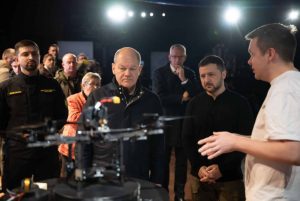
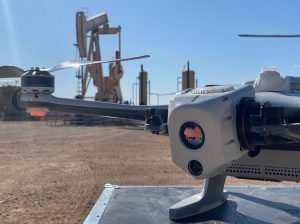
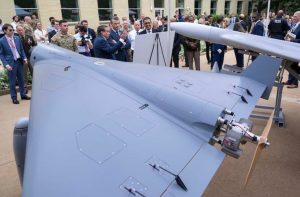
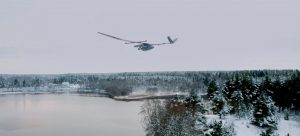
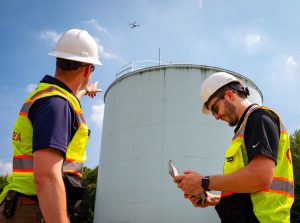
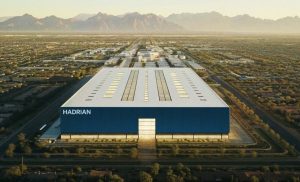


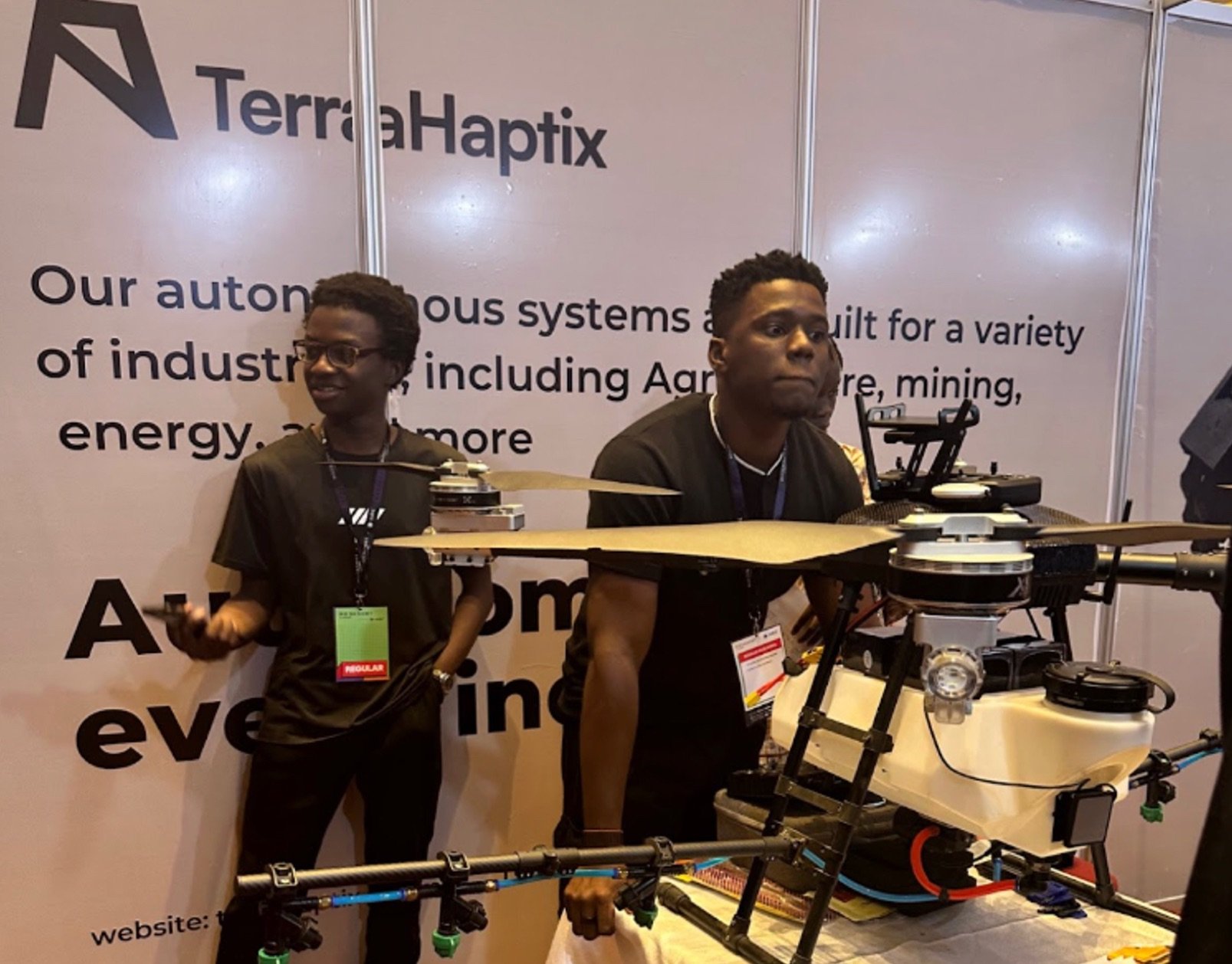
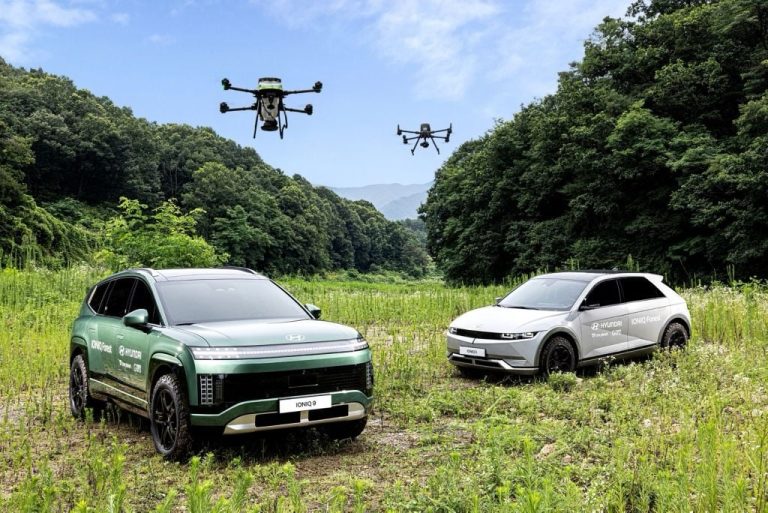
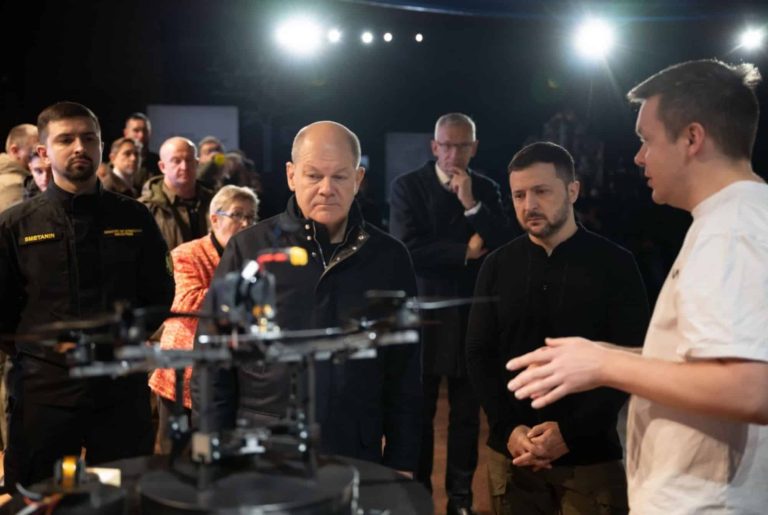
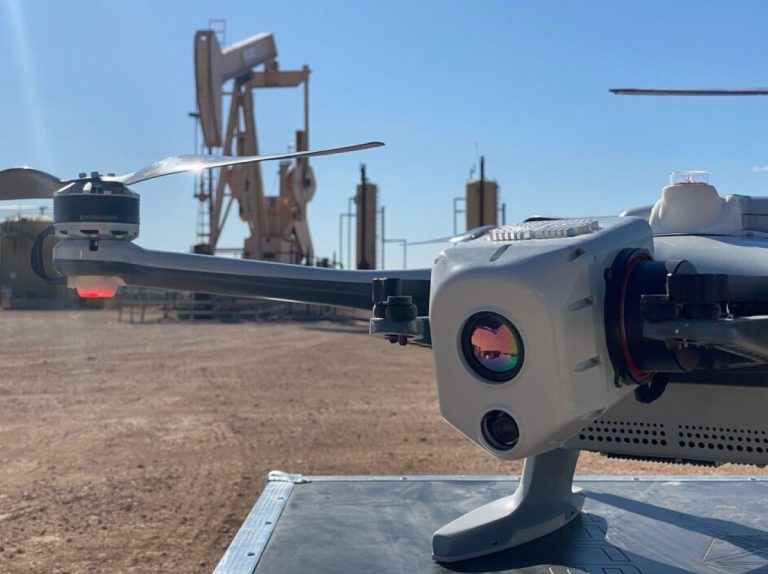
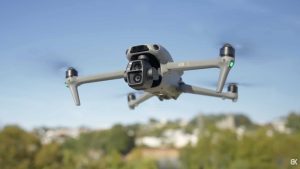

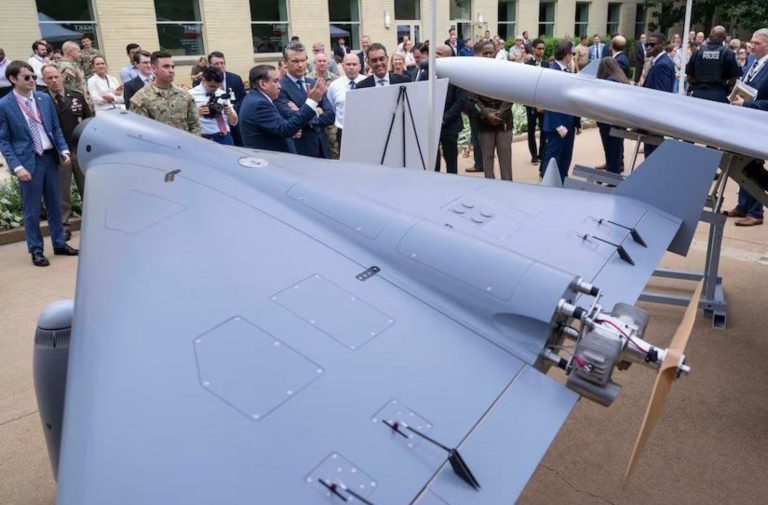
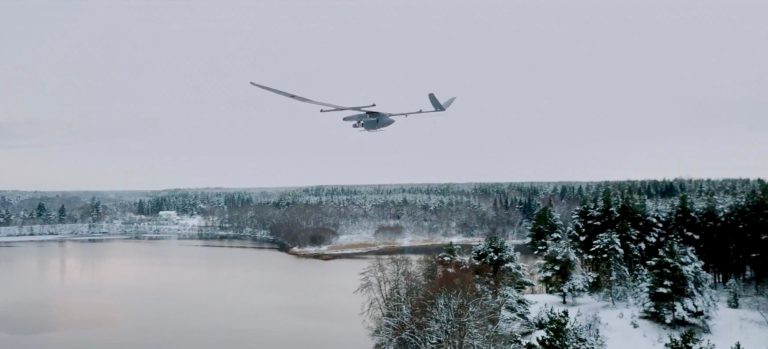
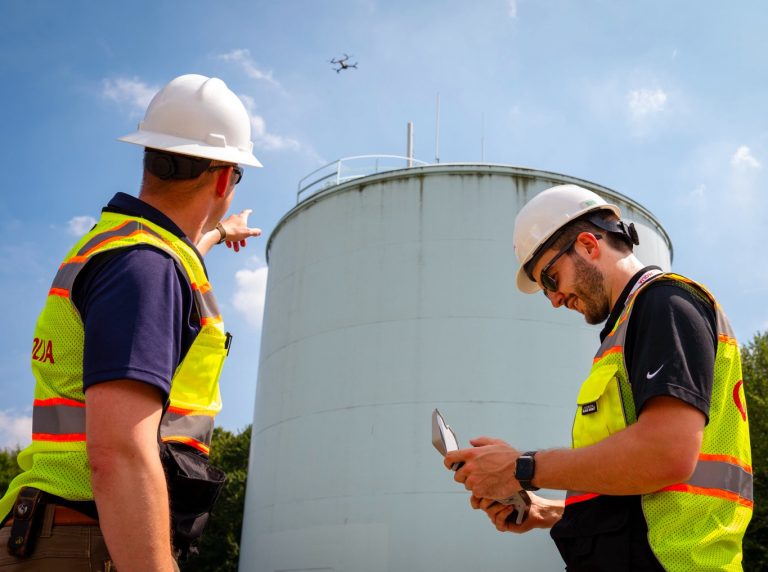
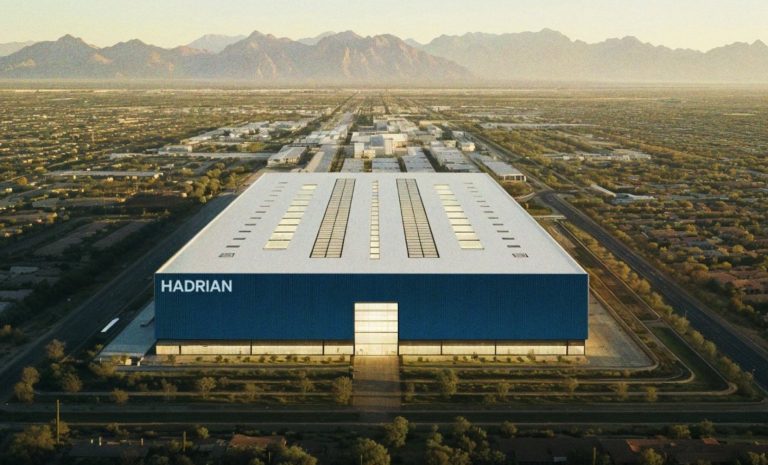

+ There are no comments
Add yours